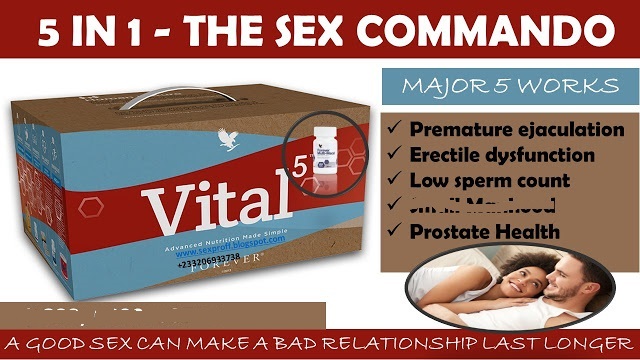
vaginal yeast infection is a fungal infection that causes irritation, discharge and intense itchiness of the vagina and the vulva — the tissues at the vaginal opening.
Also called vaginal candidiasis, vaginal yeast infection affects up to 3 out of 4 women at some point in their lifetimes. Many women experience at least two episodes.
A vaginal yeast infection isn't considered a sexually transmitted infection. But, there's an increased risk of vaginal yeast infection at the time of first regular sexual activity. There's also some evidence that infections may be linked to mouth to genital contact (oral-genital sex).
Medications can effectively treat vaginal yeast infections. If you have recurrent yeast infections — four or more within a year — you may need a longer treatment course and a maintenance plan.
Symptoms
Yeast infection symptoms can range from mild to moderate, and include:
- Itching and irritation in the vagina and vulva
- A burning sensation, especially during intercourse or while urinating
- Redness and swelling of the vulva
- Vaginal pain and soreness
- Vaginal rash
- Thick, white, odor-free vaginal discharge with a cottage cheese appearance
- Watery vaginal discharge
Complicated yeast infection
You might have a complicated yeast infection if:
- You have severe signs and symptoms, such as extensive redness, swelling and itching that leads to tears, cracks or sores
- You have four or more yeast infections in a year
- Your infection is caused by a less typical type of fungus
- You're pregnant
- You have uncontrolled diabetes
- Your immune system is weakened because of certain medications or conditions such as HIV infection
Risk factors
Factors that increase your risk of developing a yeast infection include:
- Antibiotic use. Yeast infections are common in women who take antibiotics. Broad-spectrum antibiotics, which kill a range of bacteria, also kill healthy bacteria in your vagina, leading to overgrowth of yeast.
- Increased estrogen levels. Yeast infections are more common in women with higher estrogen levels — such as pregnant women or women taking high-dose estrogen birth control pills or estrogen hormone therapy.
- Uncontrolled diabetes. Women with poorly controlled blood sugar are at greater risk of yeast infections than women with well-controlled blood sugar.
- Impaired immune system. Women with lowered immunity — such as from corticosteroid therapy or HIV infection — are more likely to get yeast infections.
OUR PRODUCTS ARE HIGHLY ORGANIC AND TREATS BACTERIAL AND FUNGI INFECTIONS; PRECISELY YEAST.
The products package comes in syrups, soft gels, tablets as well as creams (ALL 100% ORGANIC)
PRICES OF PACKAGES
COMPLETE PACK = GHS 630.00
HALF = GHS 380.00
REGULAR PACK = GHS250.00
CALL (ONLY) NOW 0548914618
WHATSAPP ONLY 0548914618






0 Comments